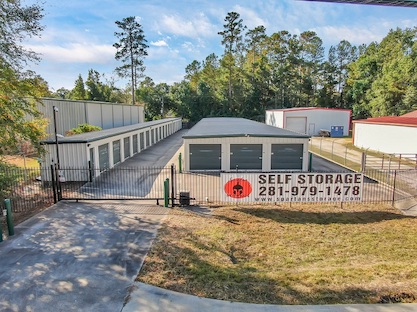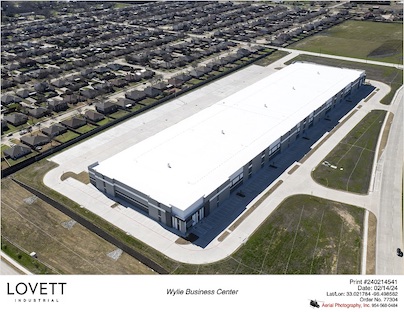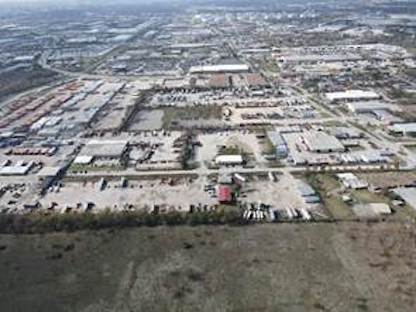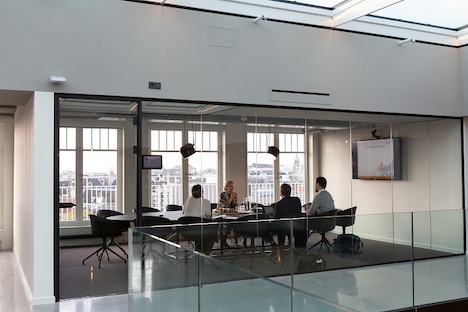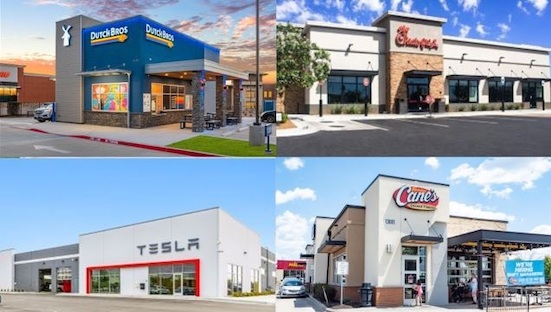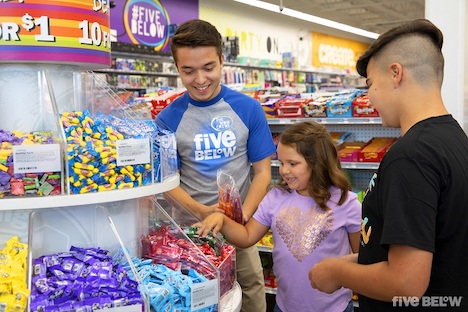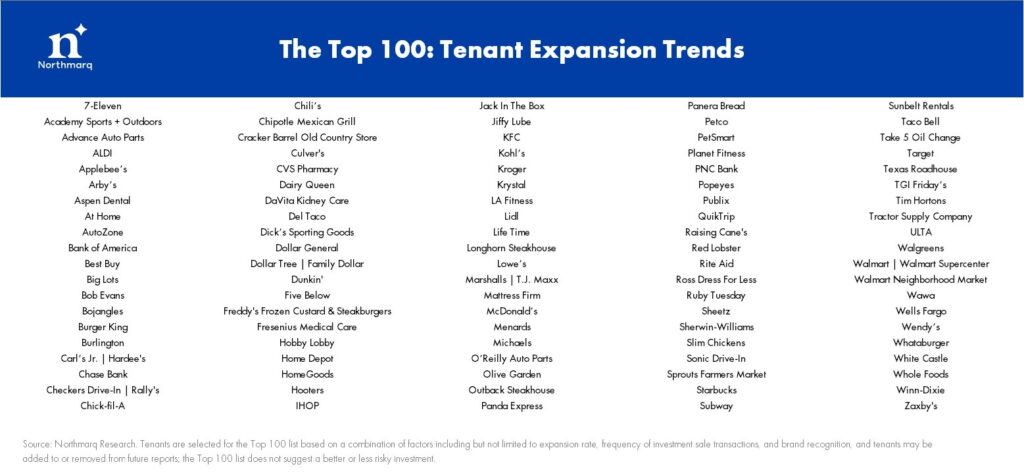A slow recovery in the office sector? It’s better than no recovery at all. That’s the takeaway from VTS’ fifth annual Global Landlord Report released in early April.
And here’s the best news from the report: VTS says that more than 80% of office landlords surveyed said that they have seen an increase in lease renewals.
According to the latest VTS Office Demand Index, the national demand for office space marked its sixth consecutive month of annual growth in March. And VTS’ 2024 Global Workplace Report showed that 62% of companies are following a hybrid work strategy in which their employes work part time in the office and part time remotely.
This indicate a slow but steady recovery for the office market, according to VTS officials.
“We are witnessing a conviction for a strong return-to-office in 2024 in contrast to years prior, and while positive for the market, it is becoming increasingly crucial for landlords to remain competitive to meet the evolving demands of tenants for enriched, interconnected workspaces,” said Nick Romito, chief executive officer of VTS, in a statement.
Romito said that by putting the needs of their tenants first, office landlords are seeing more stickiness in leases, with fewer tenants leaving for better opportunities.
The VTS report highlights the top priorities and concerns of office landlords across the globe. According to VTS, office landlords this year are more concerned with boosting lease renewals by improving their tenants’ experiences than they are with leasing vacant space.
A total of 57% of respondents in VTS’ report said that they are focusing on retaining current tenants. How are they doing this? A total of 56% of landlords surveyed said that they are boosting their property management services and taking steps to enhance the experience of their tenants.
According to the report, landlords are twice as focused on property improvements this year as they are on portfolio diversification. The evidence for this comes in how office landlords are spending their dollars.
VTS found that landlords are increasingly investing in tenant experience technologies (cited by 33% of respondents), outdoor communal areas (31%), property operations (30%), food and beverage concepts (27%) and fitness centers (27%).
These efforts seem to be paying off. VTS reported that 82% of landlord respondents said that they are already seeing the length of office lease renewals either increasing or holding steady.
Another key finding from VTS’ report? Most landlords — 84% — said that they expect to invest more in technology in 2024 when compared to 2023. Only 4% told VTS that they expect their investment in technology to decline.
Property management software ranks as the top tech investment for landlords, with 44% of survey respondents citing it as their most important piece of technology. Next came leasing and asset management platforms, cited as a top investment choice by 33% of respondents, and digital marketing software, listed as a top choice of 26% of respondents.
In 2022, VTS found that only 4% of landlords were utilizing digital marketing software. That number spiked to 26% in 2024.
Social media ranks as the most powerful channel that office landlords use to find new commercial real estate tenants, with 33% of respondents saying that they have success with this method. On the other end of the spectrum? Landlords said that digital ads are the least effective method of finding new tenants.
VTS reported, too, that 34% of landlords spend more than $50,000 annually to create, maintain and update their digital web properties across their portfolio.
As in most industries, AI is expected to play an increased role in helping landlords manage their office properties. VTS reported that 45% of surveyed landlords said that they expect AI to help them make portfolio decisions, assist them in saving money on the operations of their properties and boost their marketing efforts.




